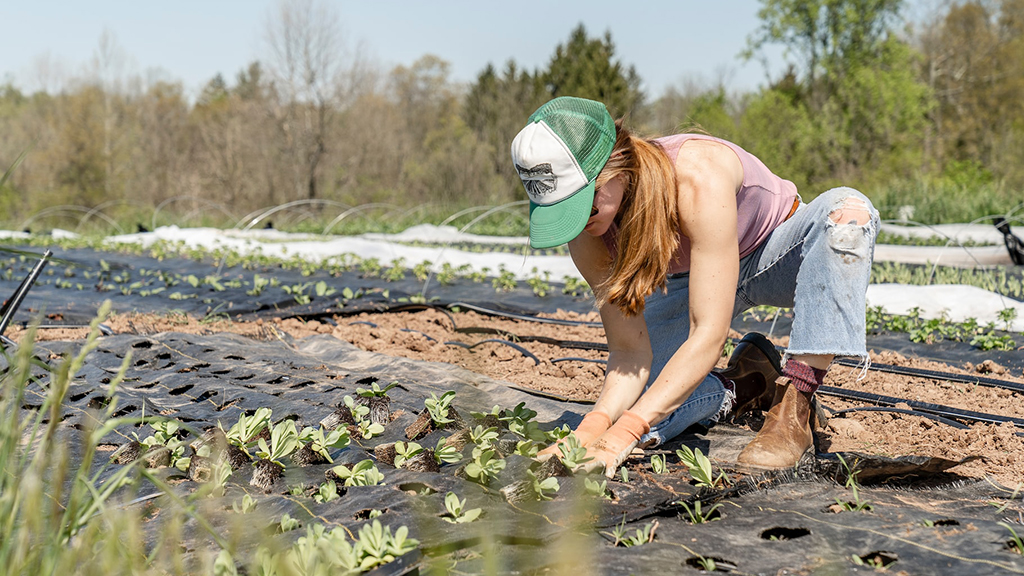Is Communal Farming Right for You?

0%
If they fit your lifestyle and goal, communal farming can be an incredible thing.
LIP
Communal or collective farming is a type of agricultural industry where multiple farmers run their farms as a joint enterprise. This can have many faces and ranges from agreeing to partner up to exchange products to create something new to developing a central hub to sell their foodstuff to working on each other’s farm and sharing the profits equally.
An official communal farming agreement that can be seen in Canada is the Ontario milk board, where dairy farmers sell their milk to the province at a regulated quality and price. And more often than not there are unofficial communal farming agreements that see neighbours or friends agreeing to help each other out at the local level.
If they fit your lifestyle and goal, communal farming can be an incredible thing.
Community Supported Agriculture (CSA)
CAS is the best-used model for communal or collective farming in North America.
The premise is simple. Farmers get together to sell and market their products directly to customers. In return, these customers became members by paying an annual fee, which helps provide seed funds at the beginning of the season. Then the customers receive a basket of freshly picked vegetables every week or so according to what is available seasonally.
Starting a CSA is relatively easy, though can be a time-consuming process if there isn’t one nearby.
Intentional Farming Communities
Though some of these communities tend to have a religious or philosophical slant, most are not. Instead, Intentional Farming Communities are created through official agreements between farmers to purposefully work together to practice sustainable agriculture. It goes beyond being friends and colleagues and sharing tips and advice.
Rather, these farmers agree to share some of their profits to help each other build their businesses. The money is then spent democratically amongst the group to benefit equally.
Benefits
There are many benefits to this style of farming if one can get a group to agree.
Creates healthy Local Economies
Environmental Solutions
Local Food Security
Market Stability
Social Capital and Community Amenities.
Sense of Community
Downsides
Though collective or communal farming can be an incredible avenue, some downsides exist. These include:
Can be difficult to make sound farm plans because you must take others into consideration
Can be stifling for those who prefer working independently
Land disputes and other types of disagreement are common
There can be corruption if the money is not well managed



